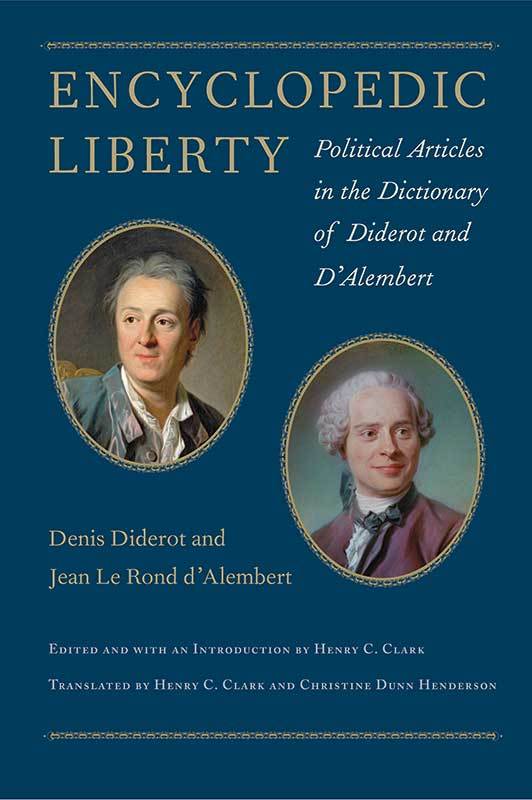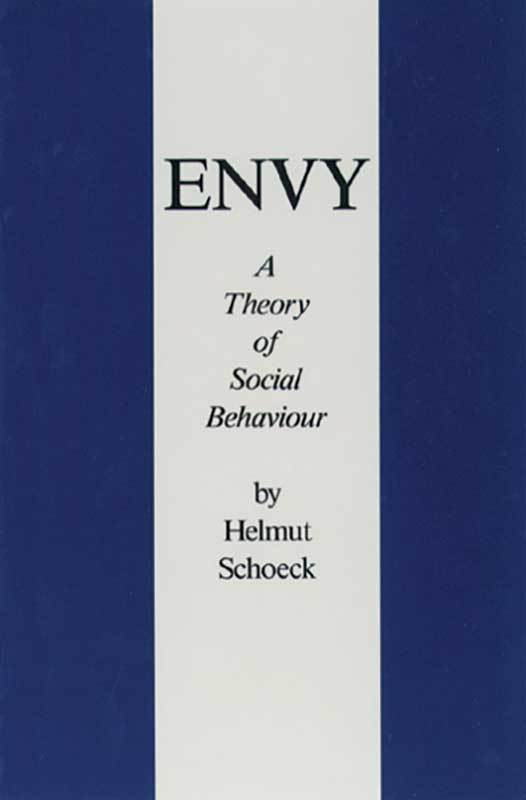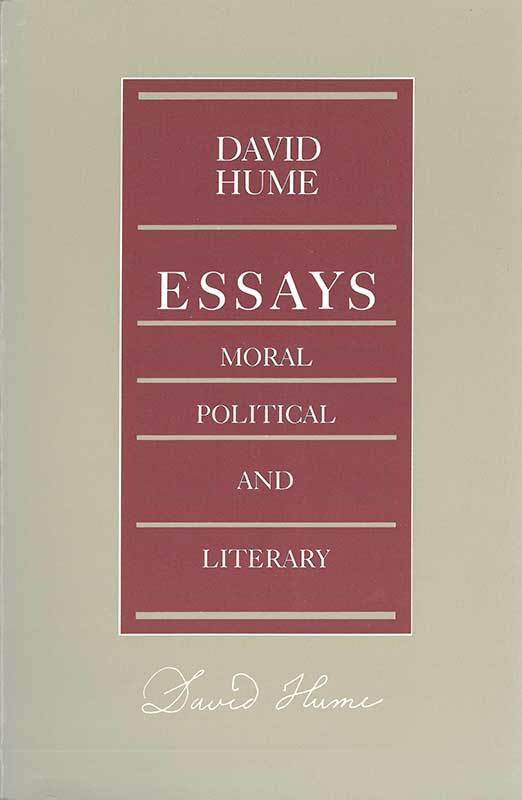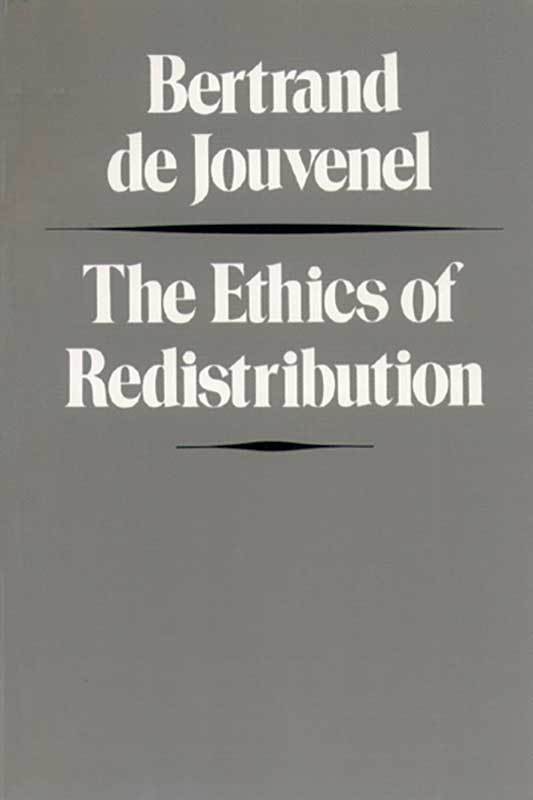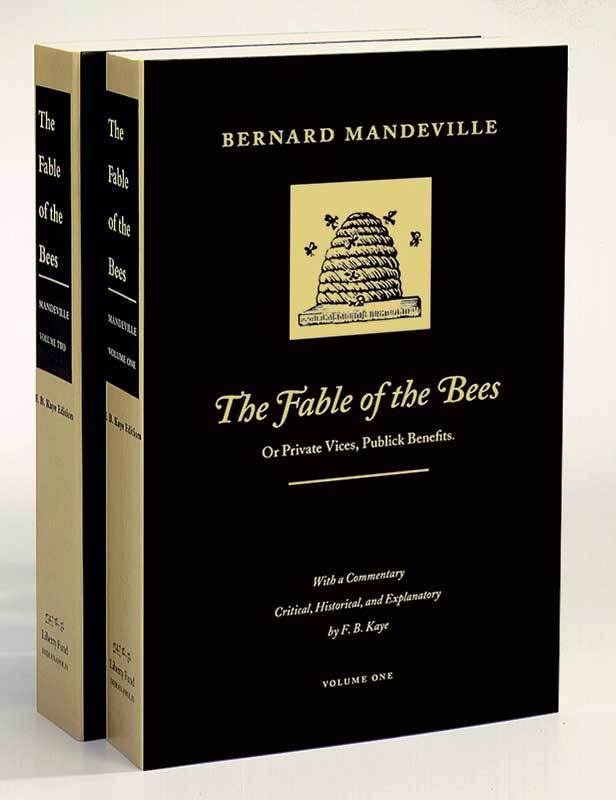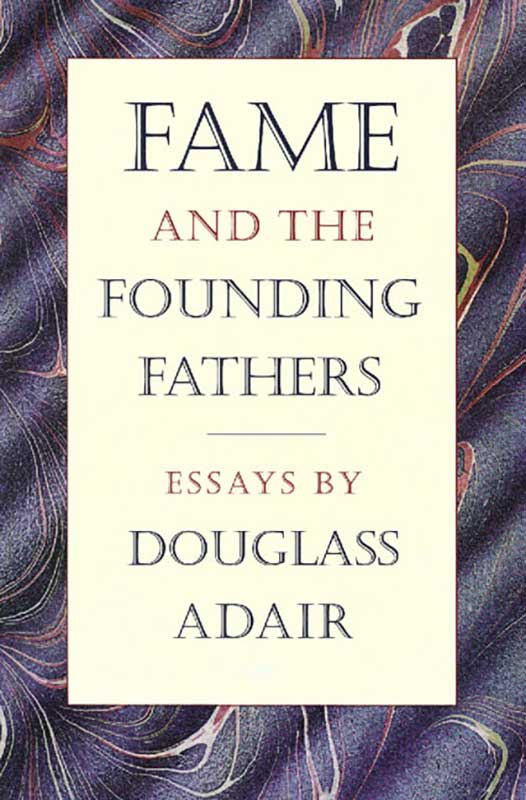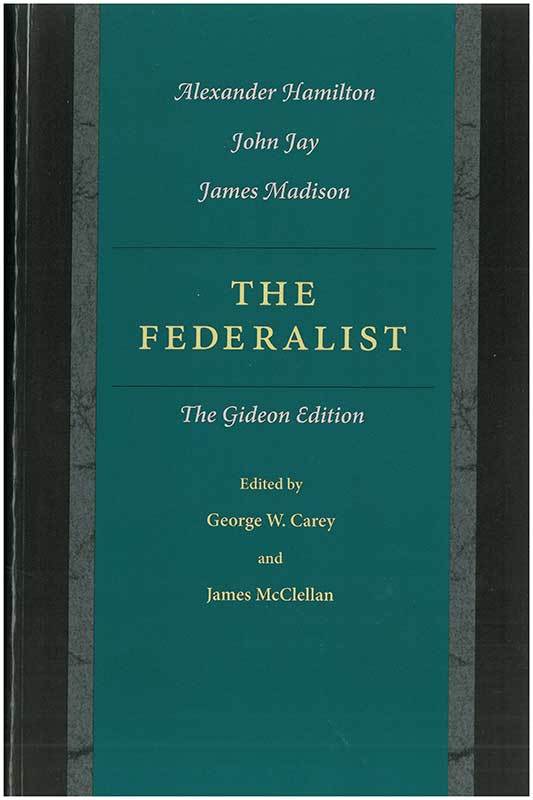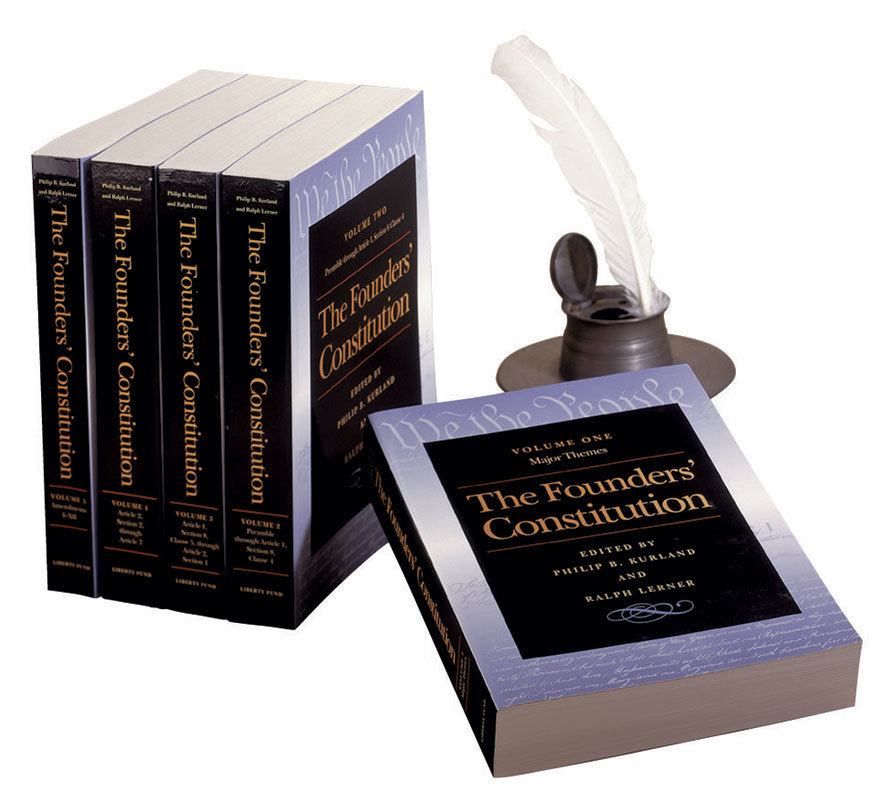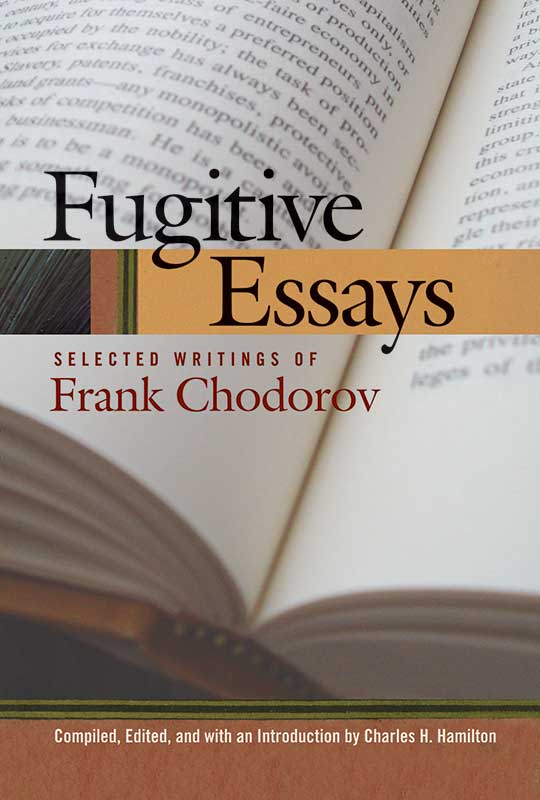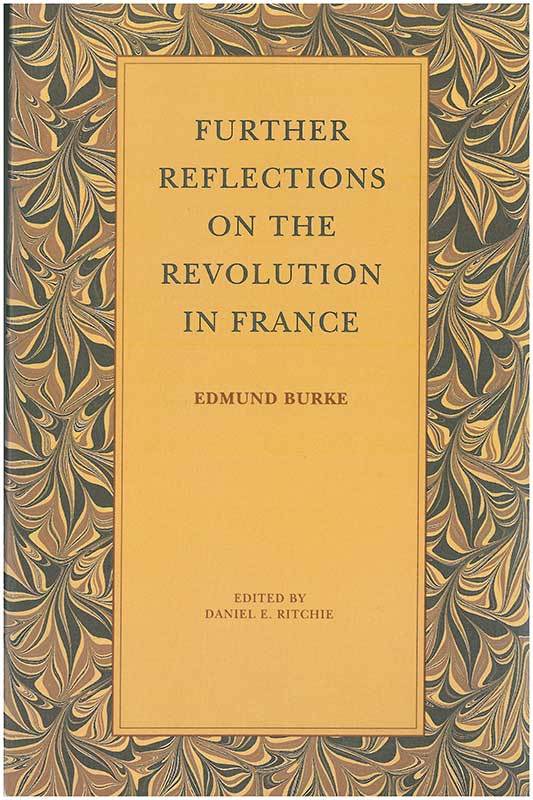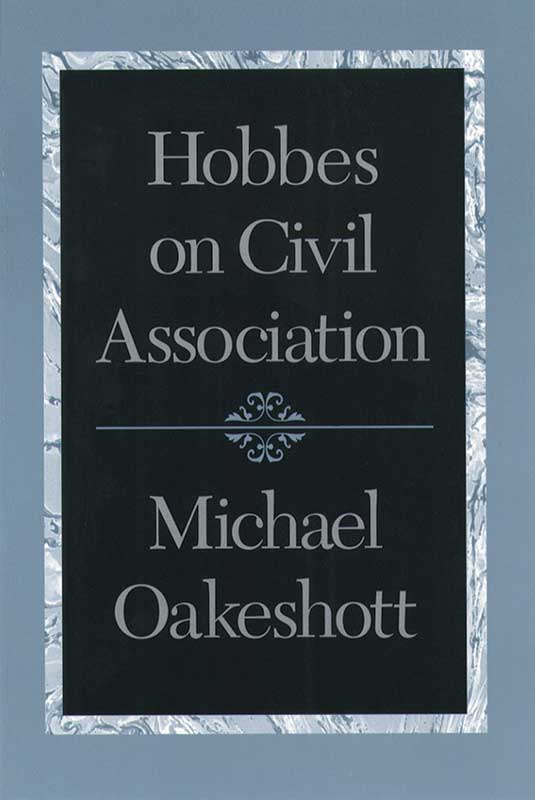Political Thought
-
Encyclopedic Liberty
by Denis Diderot and Jean Le Rond d’Alembert
/ Learn MoreOften described as the culmination of the French Enlightenment, the Encyclopédie was collected not only to serve as a comprehensive reference work, but to “change the way men think” about every aspect of the human and natural worlds. In his celebrated “Preliminary Discourse” to the compilation, d’Alembert traced an entire history of modern philosophy and science designed to chart the…
-
Envy
by Helmut Schoeck
/ Learn MoreThis classic study is one of the few books to explore extensively the many facets of envy—“a drive which lies at the core of man’s life as a social being.” Ranging widely over literature, philosophy, psychology, and the social sciences, Professor Schoeck— a distinguished sociologist and anthropologist—elucidates both the constructive and destructive consequences of envy in social life. Perhaps most…
-
Essays: Moral, Political, and Literary
by David Hume
/ Learn MoreThis edition contains the thirty-nine essays included in Essays, Moral, Political, and Literary that made up Volume I of the 1777 posthumous Essays and Treatises on Several Subjects. It also includes ten essays that were withdrawn or left unpublished by Hume for various reasons. Eugene F. Miller was Professor of Political Science at the University of Georgia from 1967 until…
-
The Ethics of Redistribution
by Bertrand de Jouvenel
/ Learn MoreIn this concise and elegant work, first published in 1952, Bertrand de Jouvenel purposely ignores the economic evidence that redistributional efforts sap incentives and are economically destructive. Rather, he stresses the commonly disregarded ethical arguments showing that redistribution is ethically indefensible for, and practically unworkable in, a complex society. Bertrand de Jouvenel was an author and teacher, first publishing On…
-
The Fable of the Bees
by Bernard Mandeville
/ Learn MoreIt used to be that everyone read the “notorious” Bernard Mandeville (1670–1733). He was a great satirist and came to have a profound impact on economics, ethics, and social philosophy. The Fable of the Bees begins with a poem and continues with a number of essays and dialogues. It is all tied together by the startling and original idea that…
-
Fame and the Founding Fathers
by Douglass Adair
/ Learn MoreThe fifteen articles, essays, notes, and documents gathered in this collection are a permanent contribution to study of the American founding. As teacher, critic, and editor of the William & Mary Quarterly, Adair demonstrated what Trevor Colbourn—one of his principal students—describes as an “extraordinary ability to enter empathetically into the experience and ideology of the Founding Fathers while at the…
-
The Federalist
by Alexander Hamilton, John Jay, and James Madison
/ Learn MoreThe Federalist, by Alexander Hamilton, James Madison, and John Jay, constitutes a text central to the American political tradition. Written and published in newspapers in 1787 and 1788 to explain and promote ratification of the proposed Constitution for the United States, which were then bound by the Articles of Confederation, The Federalist remains of singular importance to students of liberty…
-
The Founders’ Constitution
by Philip B. Kurland and Ralph Lerner
/ Learn MoreA triumph of primary-source research, The Founders’ Constitution is a brilliant five-volume series that presents “extracts from all the leading works of political theory, history, law, and constitutional argument on which the Framers and their contemporaries drew and which they themselves produced.” The documentary sources and inspirations of The Founders’ Constitution reach to the early seventeenth century and extend through…
-
Fugitive Essays
by Frank Chodorov
/ Learn MoreFrank Chodorov profoundly influenced the intellectual development of the post-World War II libertarian/conservative movement. These essays have been assembled for the first time from Chodorov’s writings in magazines, newspapers, books, and pamphlets. They sparkle with his individualistic perspective on politics, human rights, socialism, capitalism, education, and foreign affairs.
-
Further Reflections on the Revolution in France
by Edmund Burke
/ Learn MoreIn his famous Reflections on the Revolution in France (1790), Edmund Burke excoriated French revolutionary leaders for recklessly destroying France’s venerable institutions and way of life. But his war against the French intelligentsia did not end there, and Burke continued to take pen in hand against the Jacobins until his death in 1797. This collection brings together for the first…
-
George Washington
by George Washington
/ Learn MoreGeorge Washington speaks for himself on behalf of liberty and the emerging American republic in this handsome book, the only one-volume compilation in print of his vast writings. While Washington is recognized as a military leader and the great symbolic figure of the early republic, many fail to appreciate the full measure of his contributions to the country. In these…
-
Hobbes on Civil Association
by Michael Oakeshott
/ Learn MoreOf Michael Oakeshott and his interest in Thomas Hobbes, Professor Paul Franco has written, “The themes Oakeshott stresses in his interpretation of Hobbes are . . . skepticism about the role of reason in politics, allegiance to the morality of individuality as opposed to any sort of collectivism, and the principle of a noninstrumental, nonpurposive mode of political association, namely,…
35% OFF YOUR ENTIRE BOOK PURCHASE
With promo code:
SUMMER2025
Expires July 31, 2025

